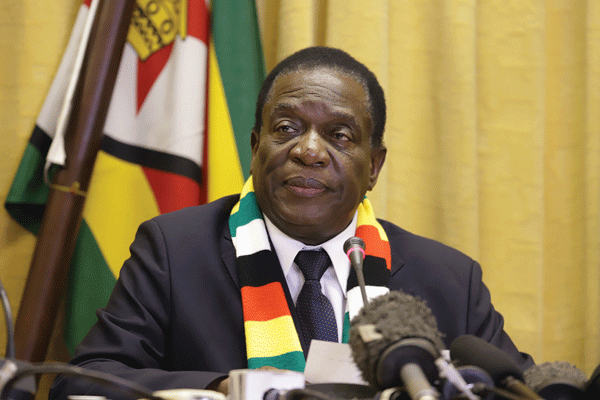
NEXT month’s public consultations by the Parliamentary Portfolio Committee on Public Service, Labour and Social Welfare on the amendments to the Labour Act, though overdue, are a welcome development.
The need to finalise labour law reforms cannot be overemphasized given how important this is for labour relations in Zimbabwe. The Labour Act amendments have been under the spotlight since the infamous 2015 Supreme Court ruling that allowed employers to dismiss workers on three months’ notice without paying retrenchment packages which resulted in thousands of workers losing their jobs.
Though that clause has been removed, labour law reforms since then have stalled.
As far back as 2018, then Labour minister Petronella Kagonye declared that the finalisation of the Labour law reforms had been prioritised for the first 100 days of her tenure.
“My ministry is in full throttle to provide the appropriate legal framework for business to thrive and contribute to the turnaround we need,” she said in a meeting with business in March that year.
But her utterances turned out to be just a load of hot air. The labour law reforms have since been bound by State red tape and dumped on government bureaucratic shelves to gather dust.
That the labour law reforms remain work in progress seven years after the Supreme Court ruling is a damning indictment on President Emmerson Mnangagwa’s government whose mantra is ‘Zimbabwe is Open for Business’.
When Mnangagwa’s administration took over the reins in 2017, everyone was excited by the new dispensation’s mantra believing that the new government would be action oriented.
- Chamisa under fire over US$120K donation
- Mavhunga puts DeMbare into Chibuku quarterfinals
- Pension funds bet on Cabora Bassa oilfields
- Councils defy govt fire tender directive
Keep Reading
But that was not to be. The regime has failed to finalise the labour law reforms which are pivotal to critical issues such as maternity leave, retrenchment, wage negotiations and employer-employee relations.
We now have no choice but to believe the many accusations suggesting that Mnangagwa’s administrarion is comfortable with the current labour laws because they serve its interests since most if not all of those in leadership own businesses.
That labour law reforms should satisfy all stakeholders who include government, business and workers but this adminstration seems to be oblivious to this.
Labour law reforms are critical for luring investment. They are crucial for any investor in deciding to set up shop in the country and the delay in completing the reforms undoubtedly contributes to the damning statistics of the country’s performance on the investment front.
Investment in Zimbabwe has been plummeting since 2018 with Foreign Direct Investment plunging from US$717 million to about US$150 million last year. The country has been placed at the bottom of the global Trade Openness Index by the United Nations Conference on Trade and Development.
A speedy refinement of the labour laws is a low-hanging fruit that the government should quickly pluck to help provide clarity going forward.
On the one hand Mnangagwa talks about being open for business and investment, on the other hand his government continues to drag its feet on fine-tuning such a critical law.
The sooner the labour law is reformed, the better the country’s chances of not only luring investment, but also significantly improving the labour relations landscape.






